Glass Containers For Foods & Drinks
This "Friday’s Fabulous Find" is Glass Containers!
Glass containers are one way that can help prevent diseases and sicknesses from happening in the first place. Plastic is dangerous. It really isn't new information but it is important information that we should not take lightly. It is not just
what we are eating and drinking that affects our health, but also what our drinks and foods are coming in
contact with. This includes storage containers, water bottles, canned food,
baby bottles, plastic wrap, milk jugs and the list goes on.
Plastic containers are
composed of chemicals that can leak out and into our food and drink. Polyvinyl
chloride (PVC), also known as vinyl, is a synthetic product widely used in the
production of plastic bottles due to its versatility. PVC leaks a softening
chemical called phthalate. The most well-known plastic
toxin is bisphenol A. Bisphenol A (BPA) is a chemical used in the production of
polycarbonate plastics, which are used in food and drink packaging.
These chemicals found in plastics can mimic estrogen in the body and really mess up your hormones. Below are just a few of the health risks.
- Interference of puberty
- Breast cancer
- Cardiovascular disease
- Diabetes
- Liver-enzyme abnormalities
- Infertility
- Obesity
- Disrupts the endocrine system
- Potential effects on the brain, behavior, and prostate gland in fetuses, infants, and young children
Since 1988 plastic bottles have been identified by "resin identification code" in a chasing arrow symbol (often found on the bottom of the product).
Common Uses: Soda Bottles, Water Bottles, Cooking Oil Bottles
Concerns: Can leach antimony and phthalates.
Common Uses: Milk Jugs, Plastic Bags, Yogurt Cups
Common Uses: Condiment Bottles, Cling Wrap, Teething Rings, Toys, Shower Curtains
Concerns: Can leach lead and phthalates among other things. Can also off-gas toxic chemicals.
Common Uses: Produce Bags, Food Storage Containers
Common Uses: Bottle Caps, Storage Containers, Dishware
Common Uses: Meat Trays, Foam Food Containers & Cups
Concerns: Can leach carcinogenic styrene and estrogenic alkylphenols
PC (Polycarbonate): AVOID - can leach Bisphenol-A (BPA). It also includes ABS (Acrylonitrile Butadiene Styrene), SAN (Styrene Acrylonitrile), Acrylic, and Polyamide. These plastics can be a safer option because they are typically very durable and resistant to high heat resulting in less leaching. Their drawbacks are that they are not typically recyclable and some need additional safety research. New plant-based, biodegradable plastics like PLA (Polylactic Acid) also fall into the #7 category.
It is much safer to store our foods and drinks in glass.
Below are a few websites that sell glass containers for food
& drink storage, including baby bottles!
 |
| www.theglassbabybottle.com |
 |
Innobaby Keepin' Fresh Glass Food Storage Containers |
 |
Be Kind Silisipper Glass Sippy Cup |
 |
| Wean Green Glass Wean Bowls |
 |
Born Free Glass Baby Bottles with Bonus Sleeve 5oz |
 |
Cocoozy Classic Cover


www.surlatable.com
Amazon www.amazon.com |
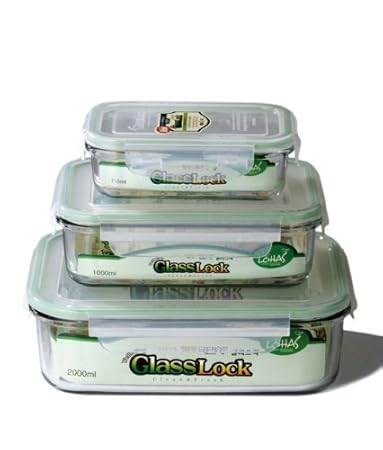 | ||||
Kinetic Glass lockRectangular Glass Food-Storage Containerswith Locking Lids, Set of 3
www.containerstore.com

Glasslock Squares Provides a Silicone lid which has no pvc, bpa, or polyethylene |
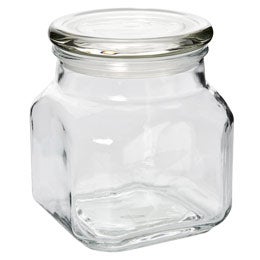
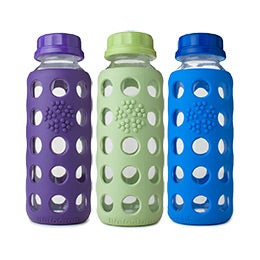



 Young mother of three, married to my college sweetheart, I am now looking for the simple life. A life filled with health & happiness for my kids, whether it has to do with food, vitamins or safe cleaners, you will find all kinds of information here! If you are looking for a healthier lifestyle look no further. Just get cozy with some Shaklee Cinch Tea and follow me on my journey back to the simple life, back to a healthier mind, body and soul.
Young mother of three, married to my college sweetheart, I am now looking for the simple life. A life filled with health & happiness for my kids, whether it has to do with food, vitamins or safe cleaners, you will find all kinds of information here! If you are looking for a healthier lifestyle look no further. Just get cozy with some Shaklee Cinch Tea and follow me on my journey back to the simple life, back to a healthier mind, body and soul.
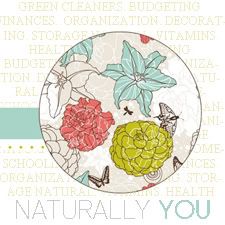

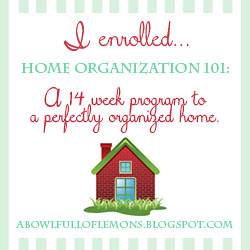
No comments:
Post a Comment
I would love to hear what's on your mind!
Leave a Comment!